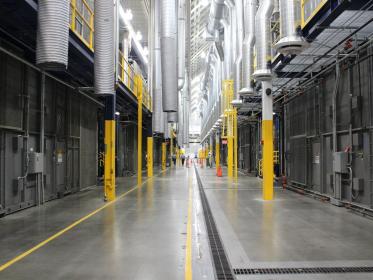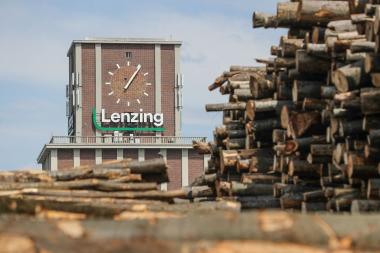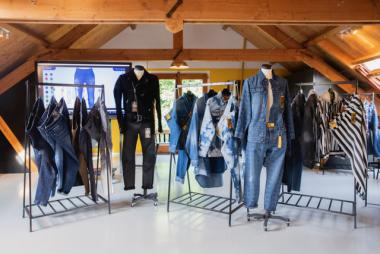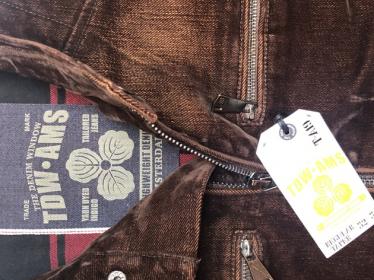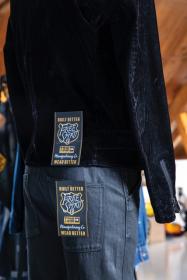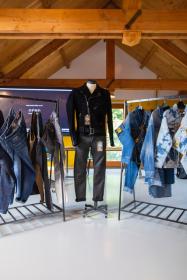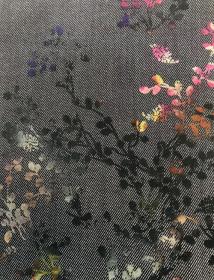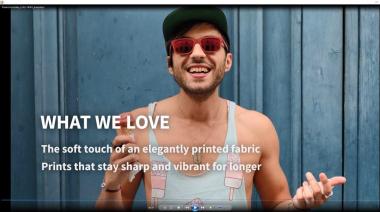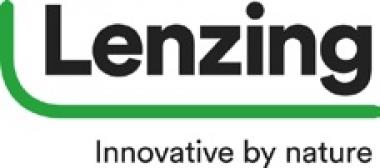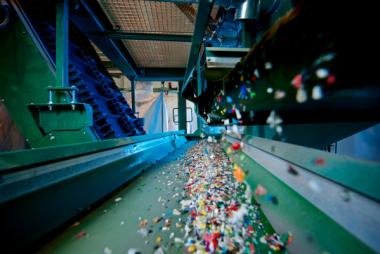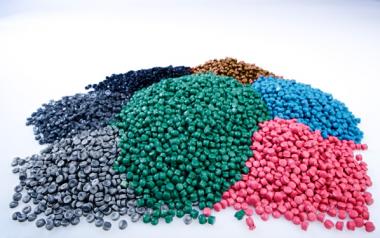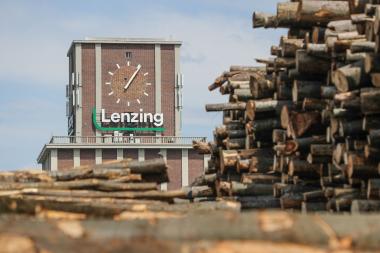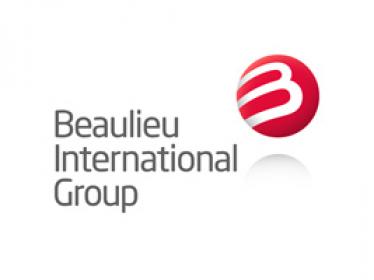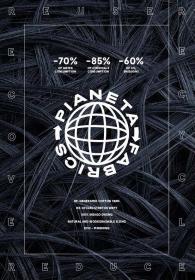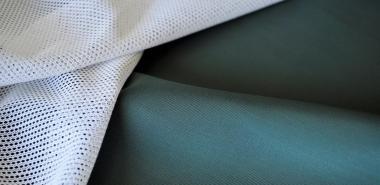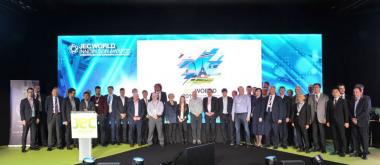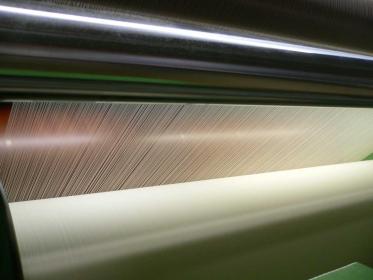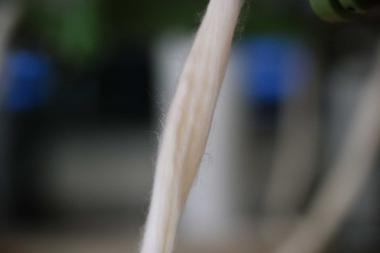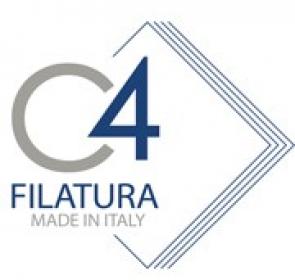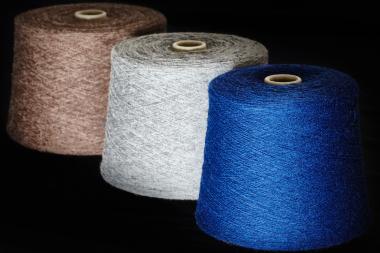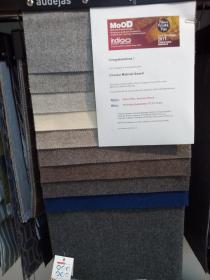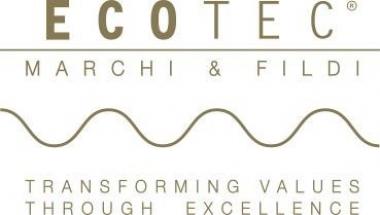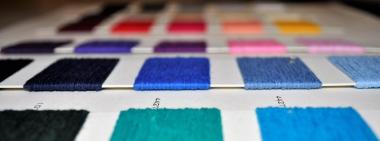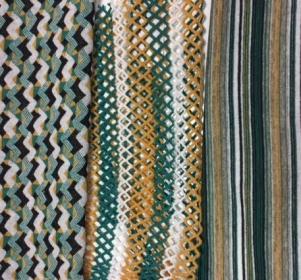Collaboration between SGL Carbon and Solvay
SGL Carbon and Solvay collaborate to develop highly-competitive advanced carbon fiber composites for aerospace primary structures
SGL Carbon and Solvay have entered into a joint development agreement (JDA) to bring to market the first composite materials based on large-tow intermediate modulus (IM) carbon fiber. These materials, which address the need to reduce costs and CO2 emissions, and improve the production process and fuel efficiency of next-generation commercial aircraft, will be based on SGL Carbon’s large-tow IM carbon fiber and Solvay’s primary structure resin systems.
The agreement encompasses both thermoset and thermoplastic composite technologies. It builds on Solvay’s leadership in supplying advanced materials to the aerospace industry and SGL Carbon’s expertise in high-volume carbon fiber manufacturing.
“For Solvay, this is an opportunity to lead the aerospace adoption of a composite material based on 50K IM carbon fiber. This is a highly competitive value proposition that brings more affordable high-performance solutions to our customers. We see this as the first step in a long-term partnership,” said Augusto Di Donfrancesco, member of Solvay’s executive committee.
“By combining SGL’s carbon fiber expertise in our newly developed, unique 50K IM fiber with Solvay’s resin formulation and aerospace market expertise, both partners are aiming to develop an advanced aerospace material system. This alliance supports our strategic direction and accelerates our growth in the attractive aerospace market,” said Dr. Michael Majerus, spokesman of the management board of SGL Carbon.
Composite materials for aerospace applications represent a multi-billion-dollar market that is expected to grow strongly in the coming decade. Solvay and SGL Carbon are uniquely positioned to develop solutions to address the needs of this market.
SGL CARBON SE


